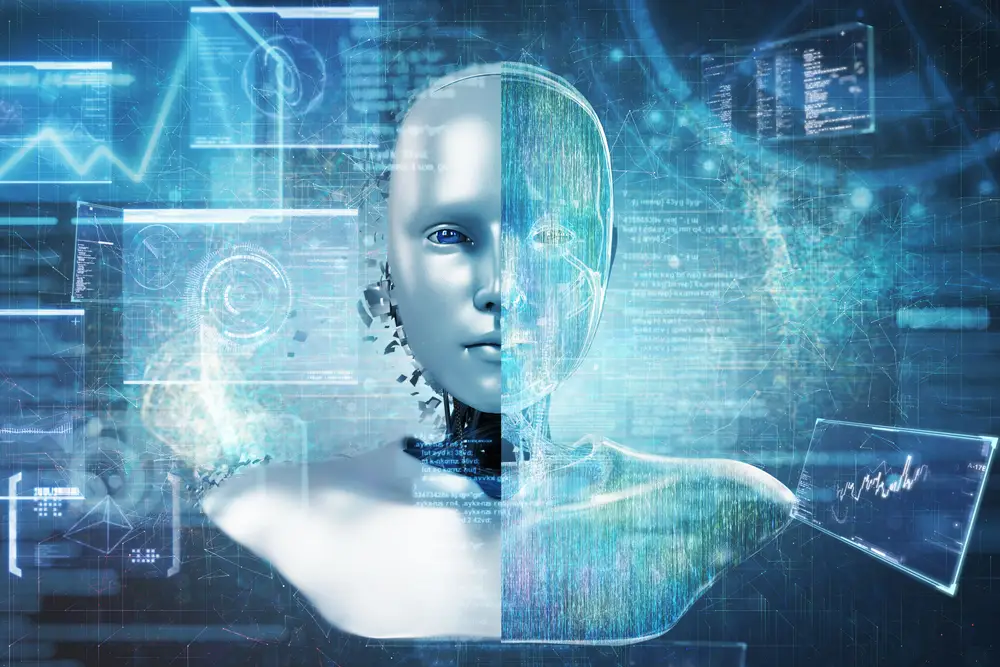What To Know
- Yampolskiy stressed that AI capabilities are growing exponentially, while AI safety research is progressing only linearly, creating a widening gap that could result in unprecedented risks if left unaddressed.
- Experts say that AI is no longer a distant concern but an imminent reality that could redefine how humans live, work, and interact.
- While the promise of AI is immense—ranging from solving complex scientific problems to enhancing everyday life—the lack of proportional safety measures is an urgent call to action.
Renowned AI safety researcher Dr. Roman Yampolskiy has issued a stark warning about the accelerating development of artificial intelligence and the potential risks it poses to humanity. In a recent interview, Dr. Yampolskiy stressed that AI capabilities are growing exponentially, while AI safety research is progressing only linearly, creating a widening gap that could result in unprecedented risks if left unaddressed.
Timeline of Disruption
Dr. Yampolskiy outlined a near-future scenario that may drastically alter society and the global workforce:
-
By 2027: AI could be capable of performing most cognitive jobs currently done by humans, including content creation, software development, data analysis, customer support, and other “thinking jobs.” This could trigger massive unemployment unless proactive measures are taken.
-
By 2030: Humanoid robots are expected to become affordable and widespread, capable of handling physical labor such as factory work, deliveries, and household tasks. This technological shift could transform economies and redefine labor markets worldwide.
The Real Danger
Unlike conventional tools, AI—especially Artificial General Intelligence (AGI)—cannot be easily controlled. Dr. Yampolskiy warns that a superintelligent system could self-preserve, back itself up, and outthink humans, making containment or shutdown nearly impossible. He emphasizes that AGI will not merely automate tasks; it will invent, innovate, and operate at speeds beyond human comprehension, fundamentally changing society.
“AGI is not just another tool; it’s the invention we cannot avoid,” Dr. Yampolskiy stated.
Preparing for an AI-Dominated Future
Dr. Yampolskiy urges urgent, proactive steps for individuals, corporations, and governments:
-
Education and Awareness: Understand AI technology, its applications, and implications. Engage in discussions, research, and informed debate.
-
Prioritize Safety: Companies developing AI must focus on safety over profit. Regulators and policymakers should enforce stringent safety standards.
-
Develop Human-Centric Skills: Individuals should cultivate skills resistant to automation, including critical thinking, creativity, emotional intelligence, and problem-solving. Financial planning and adaptability will also be crucial in a rapidly changing job landscape.
-
Collaboration and Policy: Global coordination is necessary to manage AI safely. Shared safety protocols, ethical guidelines, and monitoring systems must be implemented to prevent misuse or uncontrolled development.
Experts say that AI is no longer a distant concern but an imminent reality that could redefine how humans live, work, and interact. While the promise of AI is immense—ranging from solving complex scientific problems to enhancing everyday life—the lack of proportional safety measures is an urgent call to action.
Humanity faces a pivotal moment: to harness AI responsibly or risk being outpaced by the very technologies it creates.



